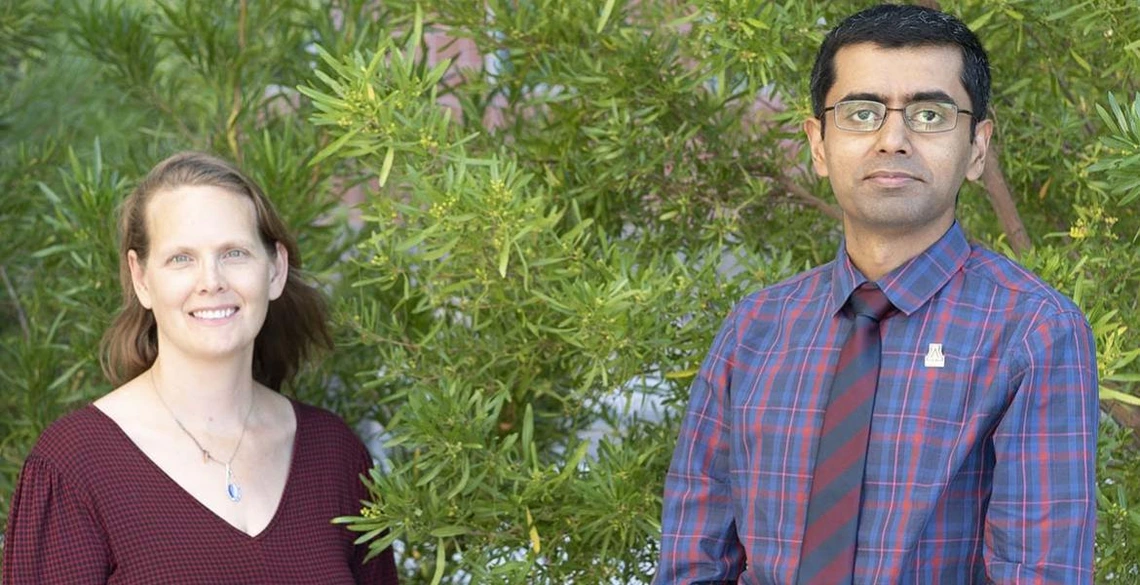Subbian Leading Health Informatics Research Program

With a five-year $570,000 grant from the National Library of Medicine, a team of University of Arizona professors is creating the undergraduate Place-based, culturally responsive Health Informatics Research Education, or PHIRE, program. Associate SIE professor Vignesh Subbian is the principal investigator and is inspired by UA’s identity as a public R1 research university, land-grant university, and Hispanic-Serving Institution that is on the land and territories of Indigenous peoples.
“What that all means to me is we need to be doing work, whether it’s an education project or a research project, that serves our community,” he said. “It got me thinking, how can we leverage this to motivate students? Students are often interested in working on problems they can relate to.”
Some place-based issues take a particularly large toll on communities that have been historically marginalized. These include inequitable access to clean water on Native Nations, poor infrastructure to access health care and digital technology in rural areas, and structural and systematic barriers to addressing disparities in healthy aging. Therefore, another major goal of the project is to recruit and retain students from historically minoritized groups to examine problems in impacted communities — sometimes their own communities.
“This moves the research questions from the abstract to the concrete,” said collaborating principal investigator Kacey Ernst, professor and program director in the Epidemiology and Biostatistics Department in the Mel & Enid Zuckerman College of Public Health. “It can generate new questions, better interpretation, and can drive a passion for the work that may not be there otherwise. This engagement serves underrepresented and marginalized communities by providing their voices in the research. Ideally, they will identify and drive the questions being asked based on their knowledge and context of the community.”
